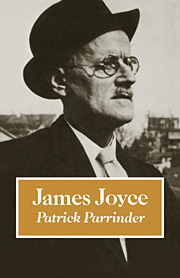Summary
‘There can be no reconciliation … if there has not been a sundering’, says Stephen in Ulysses (U 195). Joyce (as Vivian Merrier has shown) may be plausibly viewed as a quintessentially Irish writer, drawing both on the Celtic reverence for poetry and scholarship, and on Celtic traditions of grotesque obscenity. Finnegans Wake marks his reconciliation with Irish culture; the very title makes this evident. An Irish wake was an occasion for dancing, singing, revels and horse-play, including elaborate burlesques on the theme of fertility. It was a pagan ritual, owing nothing either to the Sassenach or the Roman. Joyce was a product of the British and Roman Catholic hegemony in Ireland and, like most if not all modern Irishmen, was profoundly and indelibly affected by them. But he sought to invert the English language and literature and the categories of the Christian religion in such a way that they could be used to express a pagan and comic vision – one which, by the standards of its time, was at once impious and shockingly ‘nonliterary’. His refusal to compromise with the moral, literary, and political orthodoxies of his age makes him an avant-garde writer still today, and perhaps for a long time to come. His work attracts fanatical devotees, many of them drawn from outside the ranks of formal students of literature. He is revered by linguists and practising writers, as well as by literary critics.
- Type
- Chapter
- Information
- James Joyce , pp. 241 - 243Publisher: Cambridge University PressPrint publication year: 1984



